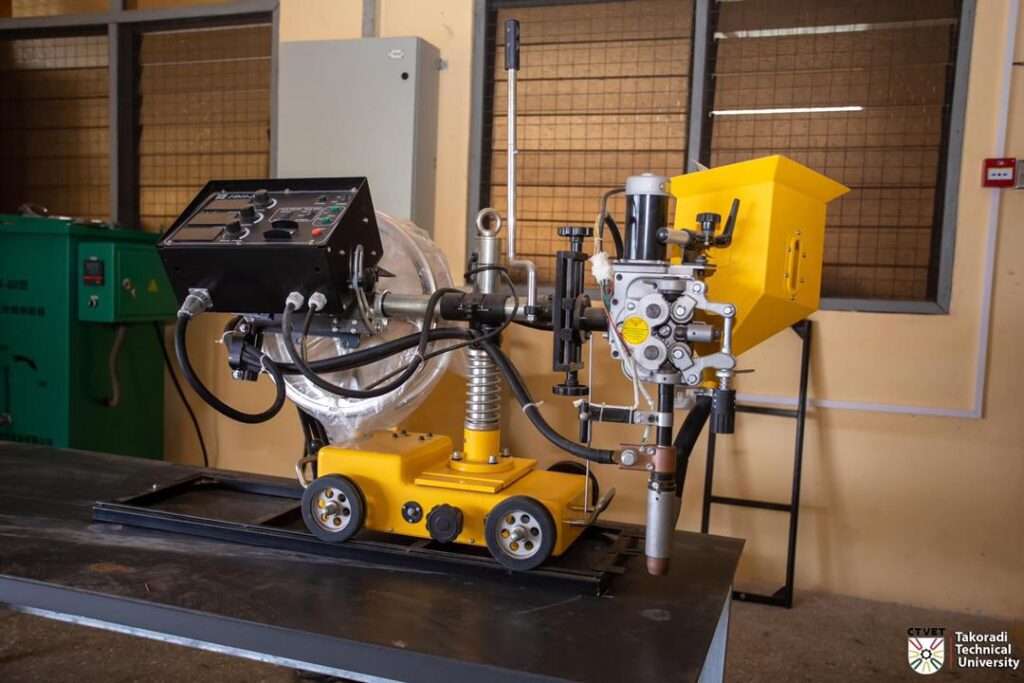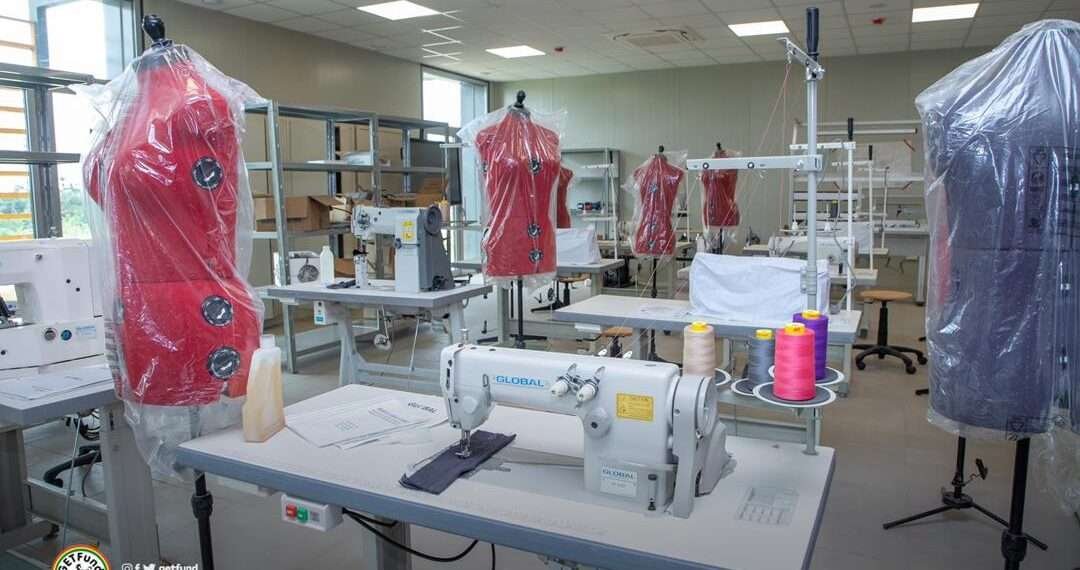Over the past seven years, the government of Ghana has shown commendable dedication to the development of technical and vocational education and training (TVET). Recognizing the pivotal role that skilled labor plays in fostering economic growth, the government has made significant investments in this sector. These efforts have not only enhanced educational opportunities for youth but have also contributed to the overall socio-economic development of the nation.
The Akufo-Addo administration’s strategic focus on TVET development is evident in the outcomes over the past seven years. The Commission for Technical and Vocational Education Training (CTVET) has trained over 100,000 young people through various apprenticeship programs. These efforts are part of a broader initiative to transform Ghana’s industrial landscape by fostering a skilled workforce capable of driving economic growth and innovation.
At a recent workshop in Accra focusing on the livestock value chain, Jonas Berchie, Director of the Animal Production Directorate at the Ministry of Food and Agriculture (MoFA), underscored the importance of TVET in realizing the sector’s potential.
“Ghana has made significant strides in recent years in developing its TVET system because the Akufo-Addo-led government believes that this direction is key to the country’s industrialization.”
“The government’s commitment to developing the TVET space is evident in the level of investment made since its inception. Since the year 2017, over GH¢6 billion investment has been made in TVET education.”
Jonas Berchie, Director of the Animal Production Directorate at the Ministry of Food and Agriculture (MoFA)
The livestock sector is a critical component of Ghana’s economy, contributing 8.31% to the agricultural gross domestic product in 2020. It offers substantial opportunities for job creation and poverty alleviation, particularly for women and youth. However, the sector faces challenges that hinder its full potential. Quality technical and vocational education is seen as a crucial element in overcoming these obstacles.
Berchie highlighted the untapped potential of the livestock value chain, noting that the sector could drive significant economic activity if supported by a robust TVET system. “The sad reality, however, is that the potential of the livestock sub-sector is made dormant by challenges that are complex and multi-faceted,” he said.
International Support and Collaboration

The Danish Ambassador to Ghana, Tom Norring, expressed Denmark’s commitment to supporting Ghana’s TVET development. Drawing from Denmark’s advanced TVET system, he emphasized the importance of knowledge and technology transfer to ensure sustainable growth.
“In Denmark, we have a very well-developed TVET system. And so, we can inspire the transfer of knowledge and technology to ensure sustainable growth.”
Tom Norring, Danish Ambassador to Ghana
The Danish Embassy in Accra has been instrumental in building the capacity of Ghanaian entrepreneurs and businesses, contributing to the broader goal of creating a skilled and competent workforce.
The workshop, organized by the Global Farming and Technology Institute (GFTI) and Dalum Academy in Denmark, aimed to provide a comprehensive understanding of the TVET ecosystem within the livestock value chain. Themed “Enhancing skills and innovations in the livestock value chain: exploring TVET opportunities for sustainable growth,” the workshop highlighted successful case studies and collaborative efforts between Denmark and Sub-Saharan Africa.
Kwame Brefo Koduah, CEO of GFTI, highlighted the workshop’s objectives, which included sharing TVET options and successful case studies. “Dalum presented successful case studies of partnerships in Sub-Saharan Africa. GFTI shared the Ghana case study and collaboration goals, including an overview of training delivered in December 2023,” he added.
Ghana’s substantial investment in TVET marks a pivotal step towards industrialization and sustainable economic growth. By equipping young people with relevant skills and fostering international collaborations, the country is well-positioned to harness the potential of key sectors like livestock. The ongoing commitment to TVET development promises to create a more skilled workforce, drive innovation, and ultimately, transform Ghana’s economic landscape.
READ ALSO: Over 500,000 Businesses Face Removal from ORC Register by June 30




















